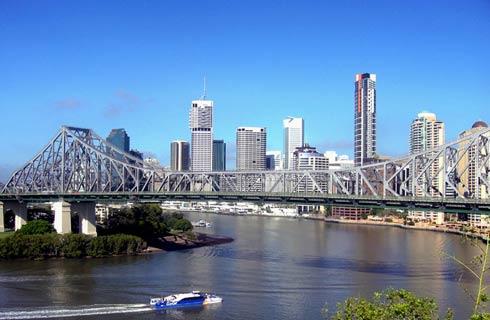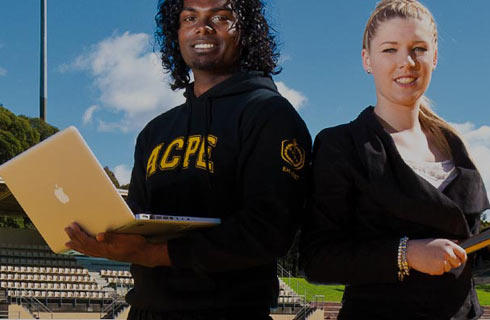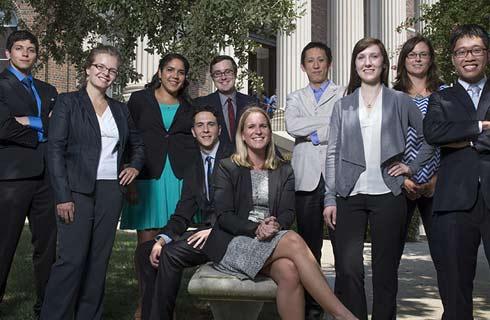PGCE Secondary Religious Education

学历文凭
Graduate Certificate

专业院系
Department of Education

开学时间

课程时长

课程学费

国际学生入学条件
Subject-specific requirements
You will need:
a strong knowledge and understanding of the study of media, and a sound awareness of how the subject is currently taught within state Secondary schools,
an undergraduate degree in a Media Studies, Film Studies or a related subject. In certain circumstances, media industry experience together with a degree may suffice. Your qualification must be from an approved Higher Education institution or validating body,
GCSE English and Mathematics at grade C (or equivalent). You must provide evidence of these qualifications at interview.
IELTS (Academic) - Advanced level (7.0 overall, including at least 6.5 in each component).
TOEFL (iBT) - 95 overall, including at least 22 in Listening, 23 in Reading, 23 in Speaking, 24 in Writing.
Duolingo English Test - 125 overall, with no component score below 110.
IDP—雅思考试联合主办方

雅思考试总分
7.0
- 雅思总分:7
- 托福网考总分:95
- 托福笔试总分:160
- 其他语言考试:Pearson (PTE Academic) - 67 overall, including at least 62 in all four skills.
CRICOS代码:
申请截止日期: 请与IDP联系 以获取详细信息。
课程简介
相关申请
 预科
预科 奖学金
奖学金 实习机会
实习机会 在校学习
在校学习 跨境学习
跨境学习 校园授课-线上开始
校园授课-线上开始 在线/远程学习
在线/远程学习
开学时间&学费
学费信息仅供参考,请与IDP联系以获取详细信息
| 开学时间 | 时长 | 学费 | 地点 |
|---|---|---|---|
| 暂无 | 暂无 | 暂无 | 暂无 |
学校排名

世界排名161
数据源:
泰晤士高等教育世界大学排名
关于萨赛克斯大学

萨塞克斯大学以研究为导向,致力于学术卓越、学生体验和就业能力,提供变革性的高质量教育,培养学生的潜力。萨塞克斯大学在英国排名第21位,在世界排名第151位(根据2022年度泰晤士高等教育世界大学排名),以其高质量的教学和卓越的研究而闻名。在2022年QS世界大学学科排名中,萨塞克斯大学的发展研究学科排名世界第一。该大学以促进、认可和奖励优秀教学的文化而闻名,培养了三位诺贝尔奖得主,并拥有多个世界领先的研究中心,包括发展研究所(IDS)和苏塞克斯大学商学院的科学政策研究部门(SPRU)。作为世界上最国际化的大学之一(2021年度泰晤士高等教育世界大学排名),萨塞克斯大学欢迎学生加入其由140多个国家/地区学生组成的多元化和充满活力的社区, 并提供竞争激烈的200万英镑奖学金吸引着来自全球各地的学生。就业能力是萨塞克斯大学教育的核心。众多工作实习机会对学生开放,帮助他们获得行业技能,发展职场人脉;职业和就业能力中心支持学生最大限度地发挥他们的就业潜力,而课程内容则为学生量身定做,帮助他们在竞争激烈的就业市场上做好准备。萨塞克斯大学标志性的宽敞校园被国家公园环绕,校园提供一系列现代化的教学和学习设施以及充满活力的社交场所。该大学将继续大力投资基础设施建设,一个先进的学生社区和新的学生中心于近期开放。萨塞克斯大学距离阳光明媚的沿海城市布莱顿市中心只要不到十分钟的火车车程,布莱顿是一个令人兴奋和充满活力的城市。该大学距离伦敦仅一小时车程,到达主要国际机场盖特威克机场交通便捷。"萨塞克斯大学不仅仅是一所大学,更是一个社区,这里欢迎来自世界各个角落的人们。" - Props Mehra(媒体实践学士)
本校相关课程

社会学博士
学历文凭
Ph.D.
开学日期
课程费用总额


社会工作与社会关怀博士
学历文凭
Ph.D.
开学日期
课程费用总额


社会政治思想博士
学历文凭
Ph.D.
开学日期
课程费用总额


MPhil Science and Technology Policy Studies
学历文凭
Masters Degree (Research)
开学日期
课程费用总额


科技政策研究博士
学历文凭
Ph.D.
开学日期
课程费用总额


MPhil Psychology
学历文凭
Masters Degree (Research)
开学日期
课程费用总额

其他相关课程

哲学硕士(社会与设计学院)
 邦德大学
邦德大学泰晤士高等教育世界大学排名:412
学历文凭
Masters Degree (Research)
开学日期
课程费用总额


哲学博士(由教育学院主办)
 昆士兰科技大学
昆士兰科技大学学历文凭
Ph.D.
开学日期
课程费用总额


事工硕士
 查尔斯特大学
查尔斯特大学泰晤士高等教育世界大学排名:631
学历文凭
Masters Degree (Coursework)
开学日期
课程费用总额


哲学学士(荣誉学位)
 堪培拉大学
堪培拉大学泰晤士高等教育世界大学排名:470
学历文凭
Bachelor Degree with Honours
开学日期
课程费用总额


哲学博士(哲学)
 纽卡斯尔大学
纽卡斯尔大学学历文凭
Ph.D.
开学日期
课程费用总额


哲学学士
 莫道克大学
莫道克大学泰晤士高等教育世界大学排名:438
学历文凭
Bachelor Degree
开学日期
课程费用总额










 英国
英国